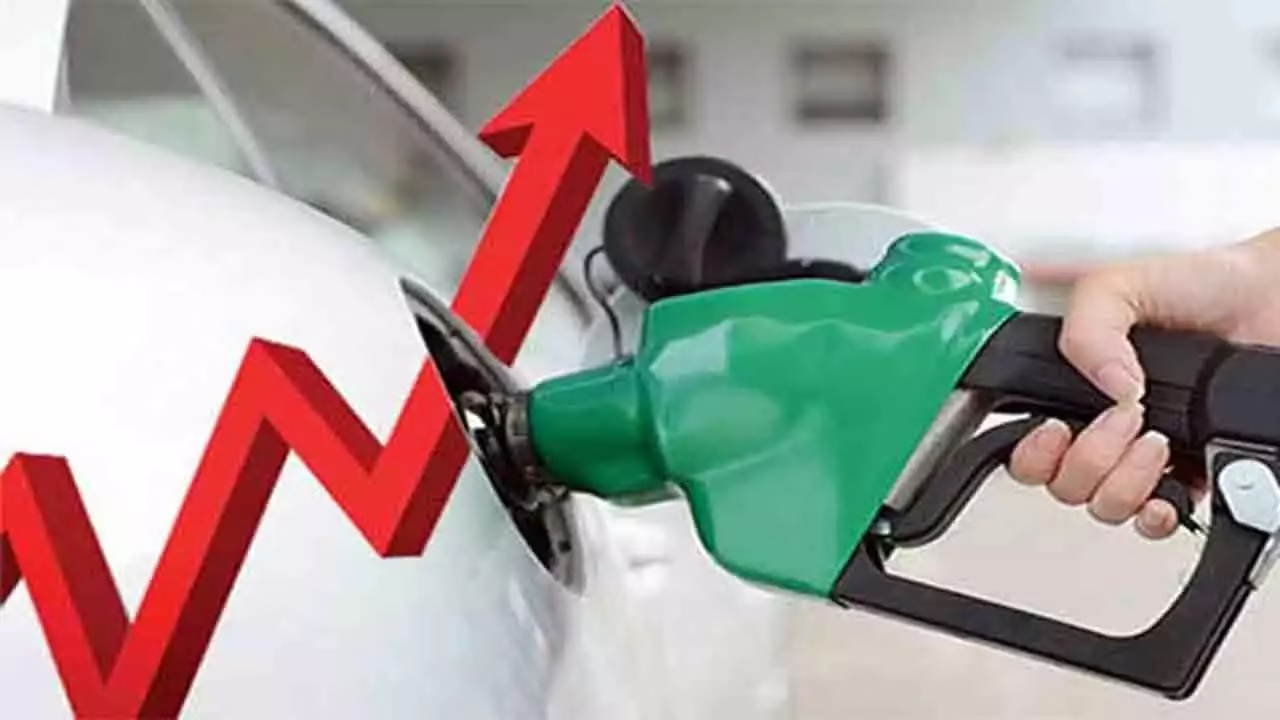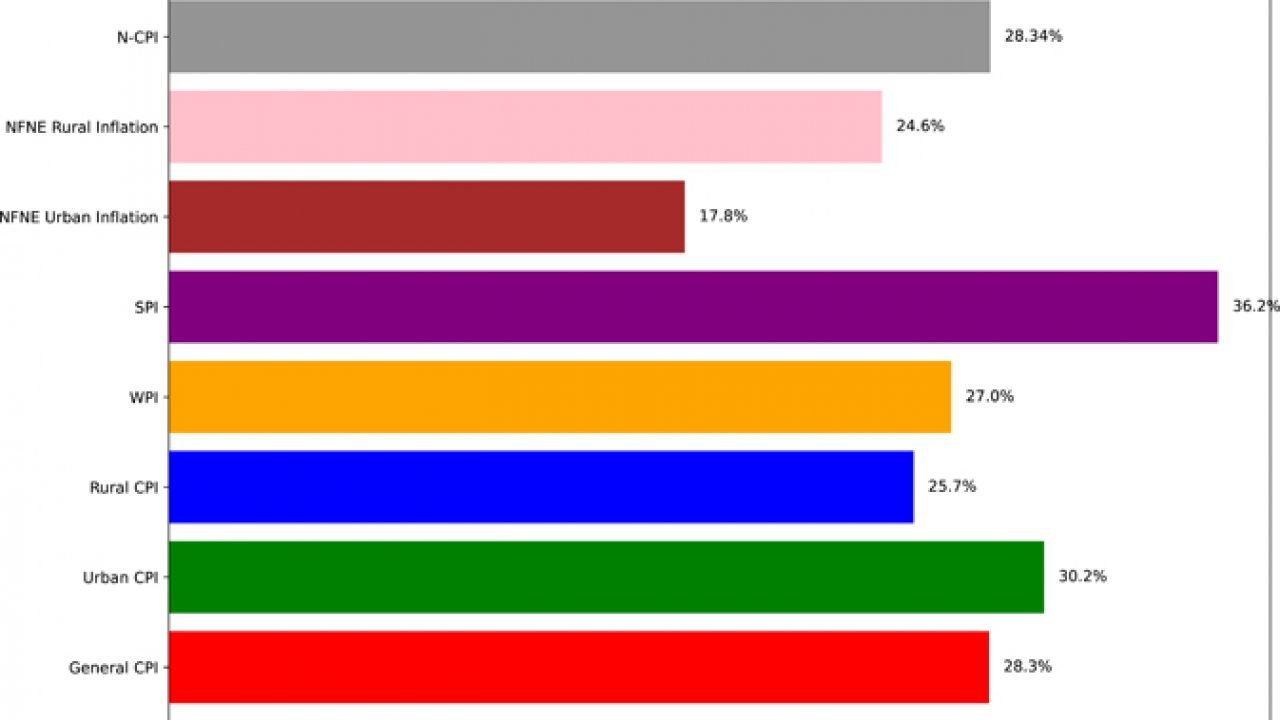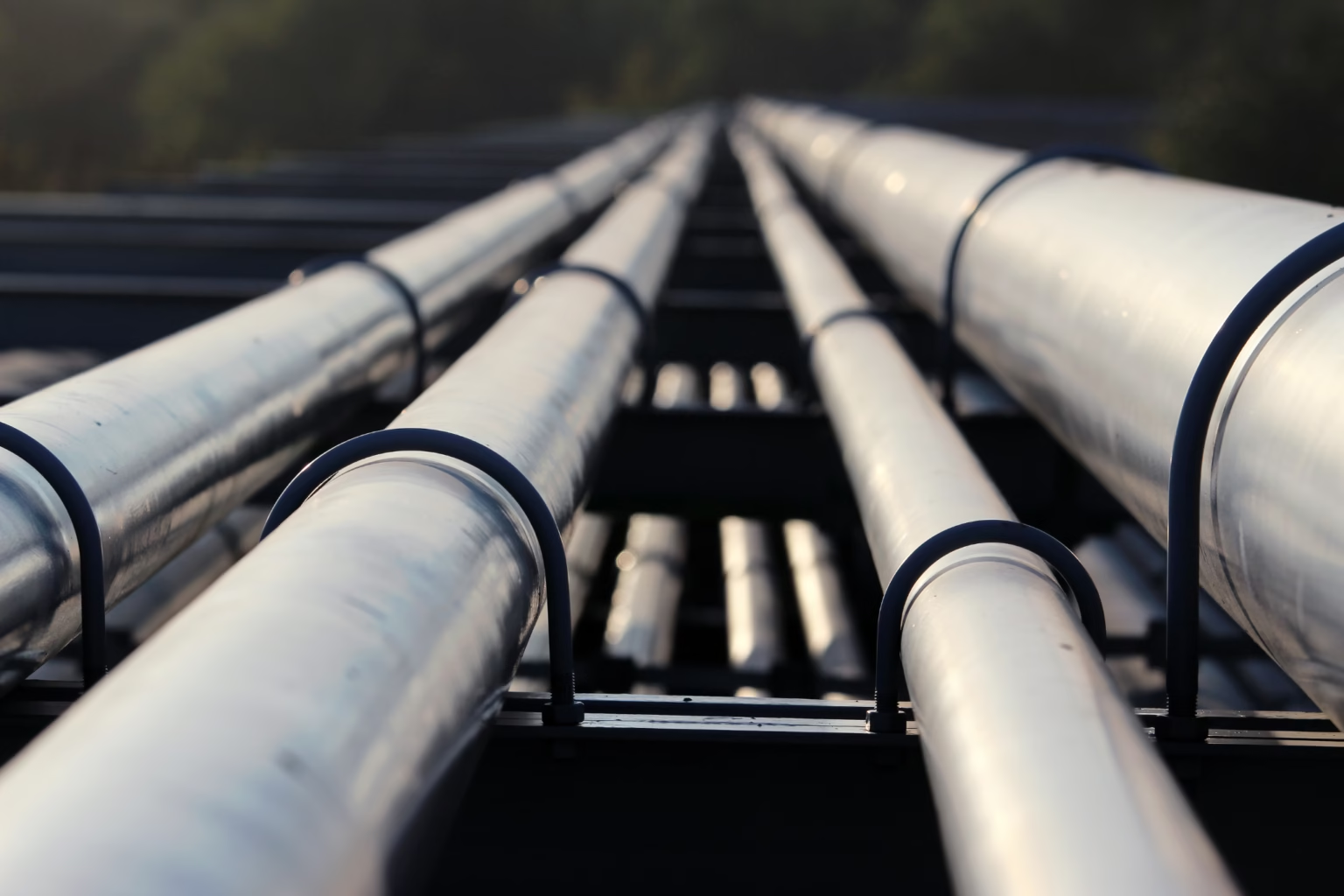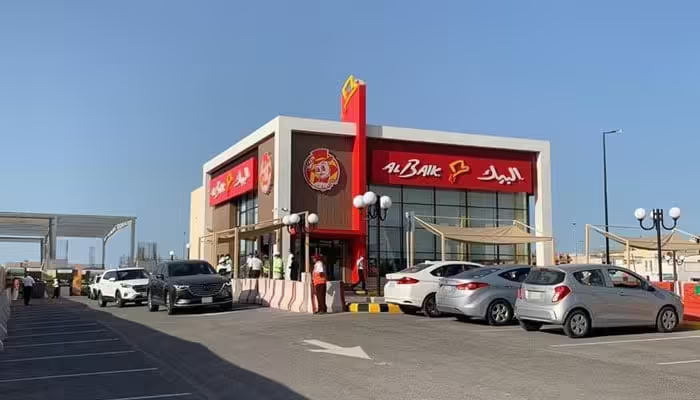The federal government is in the process of reviewing a comprehensive proposal to revise petroleum product prices across the country. Sources indicate that petrol and high-speed diesel (HSD) prices are expected to increase, while kerosene and light diesel oil (LDO) may see a moderate reduction in their rates.
According to official sources, the Oil and Gas Regulatory Authority (OGRA) is finalizing a detailed working paper, which outlines proposed changes in the pricing of petroleum products for the upcoming fortnight. The document has been compiled after receiving input from the oil marketing companies, and once reviewed by OGRA, it will be sent to the federal government for approval.
Proposed Changes in Petroleum Prices
The working paper suggests the following adjustments:
- Petrol: A potential increase of Rs. 6.60 per liter
- High-Speed Diesel (HSD): Expected increase of Rs. 5.27 per liter
- Kerosene Oil: Proposed decrease of Rs. 3.74 per liter
- Light Diesel Oil (LDO): Likely decrease of Rs. 2.23 per liter
The final decision, however, will be subject to the Prime Minister’s approval, following which the new prices will be formally announced and made effective for the next two weeks.
Approval Process and OGRA’s Role
The Oil and Gas Regulatory Authority (OGRA) plays a central role in determining fuel prices in Pakistan. It collects pricing data from oil companies and global markets and then prepares a summary reflecting fluctuations in the international crude oil prices, exchange rates, freight costs, and inland freight equalization margins.
This working paper is then submitted to the Ministry of Energy (Petroleum Division), which forwards it to the Prime Minister’s Office for final approval. The new prices are typically announced on the 15th and 30th of each month, unless special circumstances warrant an early or delayed decision.
This pricing mechanism is part of the government’s broader strategy to keep domestic fuel prices aligned with global oil market trends, while balancing public interest and fiscal responsibility.
Impact on the Public and Economy
If approved, the increase in petrol and diesel prices will likely have a direct impact on transportation costs, inflation, and the cost of goods and services, as diesel is widely used in the agriculture and logistics sectors.
On the other hand, the proposed reduction in kerosene and light diesel oil may provide some relief to low-income households and small businesses, particularly in rural areas where these fuels are commonly used for cooking, heating, and powering generators.
The price adjustments also come at a time when global oil markets remain volatile due to geopolitical tensions and supply chain disruptions, further complicating Pakistan’s efforts to maintain price stability.
Background and Trends
In recent months, fuel prices in Pakistan have seen frequent revisions, with several rounds of both hikes and cuts depending on international crude oil prices and the strength of the Pakistani Rupee against the US Dollar. The government continues to navigate a delicate balance between economic sustainability and public affordability.
Additionally, Pakistan remains under pressure from international lenders such as the IMF to implement realistic pricing in energy and petroleum sectors, minimizing subsidies and reflecting true market dynamics. This means any global uptick in crude oil prices often gets passed down to domestic consumers through fuel price adjustments.
Once OGRA finalizes its summary, the decision will be forwarded to Prime Minister Shehbaz Sharif for consideration. If approved, the new prices will be officially notified by the Ministry of Finance and will come into effect immediately from the notified date.
Until the official announcement, consumers and businesses remain on edge, waiting to see how these potential changes will impact their budgets and daily lives.
The proposed fuel price changes highlight the government’s continued efforts to manage economic pressures while responding to fluctuations in global oil markets. While petrol and high-speed diesel are set to become more expensive, some relief may be on the way for consumers of kerosene and light diesel. The final call now rests with the Prime Minister, whose decision will shape the cost of living and transport in the coming weeks.



